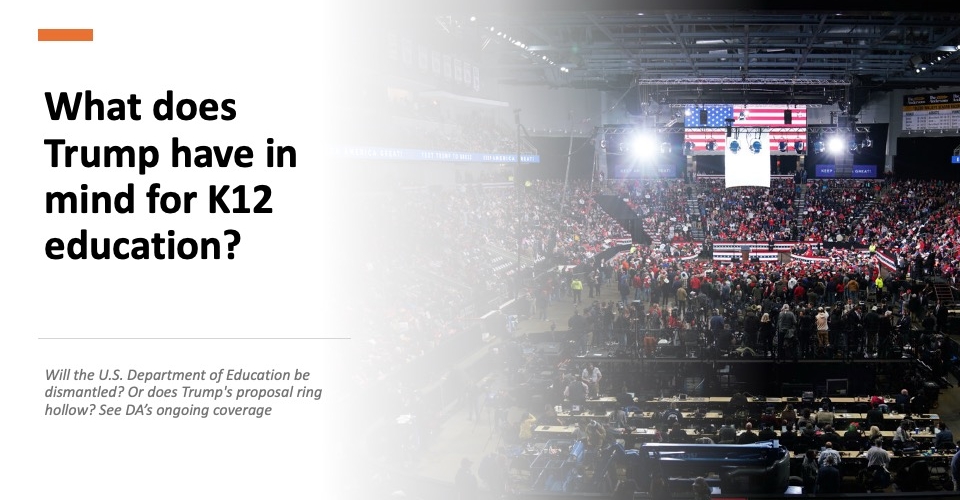Often, certain fads associated with advancements in technology get swept away once they’re no longer deemed trendy. That’s not the case with artificial intelligence, argued Adam Cheyer, the co-founder of Siri, in a recent webinar hosted by the National School Boards Association. As someone with a deep understanding of artificial intelligence, Cheyer felt it was imperative that he break down AI and its implications in education.
“There are always topics and technologies that pop up here and there, and lots of people say, ‘I can just ignore that. I don’t need to know about it,'” said Cheyer. “But for me, the purpose of coming on with you today is to let school board members, teachers and students know that the advances in AI and what’s called generative AI are so important in my view that you can’t ignore it. And we need to start a discussion today.”
Simply put, AI is here to stay. Thus, it’s important that both educators and administrators understand how it can be leveraged in the classroom to enhance and support learning without replacing the teacher itself. Speaking of which, Cheyer said, he’s not worried that teachers will ever be replaced by such technology.
“The most important thing in education, in my opinion, is staring into the eyes of an inspiring human teacher,” he said. “Again, a lot of it comes from motivation. If there’s a teacher who can really make me want to succeed, want to learn and help me get there, that is the biggest force, the most important feature that I want in a teacher.”
Instead, he stresses the importance of understanding the risks and ethical concerns surrounding its use in the classroom. His point echoes recent research that uncovered that 53% of teachers and college instructors have not yet received guidance from their leaders on how to properly use AI as it relates to education.
More from DA: 3 takeaways from the White House’s first summit on K12’s ransomware crisis
“You may never have yet used ChatGPT or a similar one. I can assure you your students probably have,” he said. “Out of all the industries—this technology will impact every industry—education is going to be confronted with this directly.”
So what are the pros and cons of AI in education? As educators and leaders continue their discussions over whether such technology has a place in their schools, consider these two main points Cheyer made during the webinar:
ChatGPT isn’t a trustworthy source
“They [students] need teachers to help balance the weaknesses of this technology, the inaccuracies, the biases that are sometimes placed into this data,” he said. “You know, in the data that these systems were trained on, the trust that comes with it, it is not trustworthy like a human is. But it’s often useful.”
It absolutely can promote and stimulate learning
“This can be an amazing resource and tool to help kids learn,” he said. “This will be an incredible tool for education. But we need to balance the strengths and weaknesses and find the right ways to incorporate it so that our children can be competitive.”



